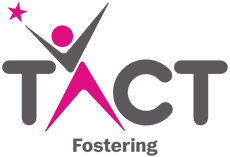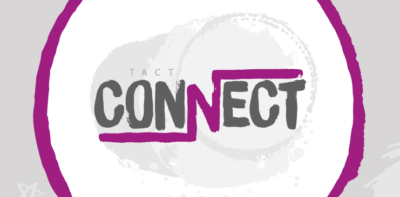Back in 2019, we created Language That Cares, a guidebook aiming to reconsider the words we use both in the care system and around our young people and adults. Language is a powerful tool for communication but sometimes the way that it is used creates stigma and barriers for understanding. Language is power, and it is important that words relating to the care-experience are used in an empowering way.
At Connect, we focus on a restorative approach – those who are care-experienced have often had their lives shaped by a system ran by professionals, rather than a consistent parent, and the continuation of language used within that system can be uncomfortable and create a suffocating feeling in some. We want our members to feel in control of their experience, and using softer language more akin to common experiences can help ease things. For example, there is little reason to use ‘peers’ over ‘friends’, ‘placement’ over ‘home’ or ‘contact’ over ‘seeing family’, yet so many in the social work sector do because that is how they learned to speak in the workplace. What needs to be considered is how this language takes a sense of emotion and normality out of life for our young people. They may already feel different from others their age, and this is only furthered by having to have frequent conversations with adults where their future is called a ‘care plan’ or going back to their family is called ‘reunification’, for example. Our Language That Cares guidebook is led by the feelings and opinions of young people in care on what language they find unhelpful.
One of our brilliant Connect Advisors, Ash, says:
“Professionals need to understand that not everyone speaks the same language as them, and for children it can feel complex and overwhelming, and sometimes even embarrassing, as there is a lot of stigma attached to some of the terms used by professionals. When I was a child, my social worker would always call my friends peers, but I didn’t really know what peers were at the time, and I’d never really heard anyone use that word before.
I believe social workers and other care professionals should leave the big words for other professionals who understand them, and adopt the words provided in the new dictionary when talking to both young people and children and make the language they use around them more accessible, clear and sensitive.”
We hope to lead by example at TACT Connect. Instead of relying on overused words which have lost their meaning over the years, such as ‘support’, we prefer to say, ‘be alongside you’, ‘hear you out’ or ‘here to help you’. We’re not aiming for Connect to feel like another service which is an extension of foster care – our goal is to create an understanding community of people who can relate to each other’s experiences. Many of our members come to frequent meetups, whereas many other members get in touch every once in a while to share a story, seek advice or make use of the resources we offer. Everyone is different, and our approach at Connect is that no one size fits all. The same can be said about language.
Language That Cares is not an absolute list of all words used in the care system and does not represent everyone’s view. However, it starts a much necessary discussion about the way we communicate and engage with our children and young people. Here at TACT, as we receive more feedback, we hope we will be able to create updated editions of the document, with Local Authorities and other charity organisations joining the movement too. The important thing is to place the power of language back into our young people’s hands – there’s nothing more vital than what they have to say.
Read Language that Cares here to see which phrases we’re trying to change.


